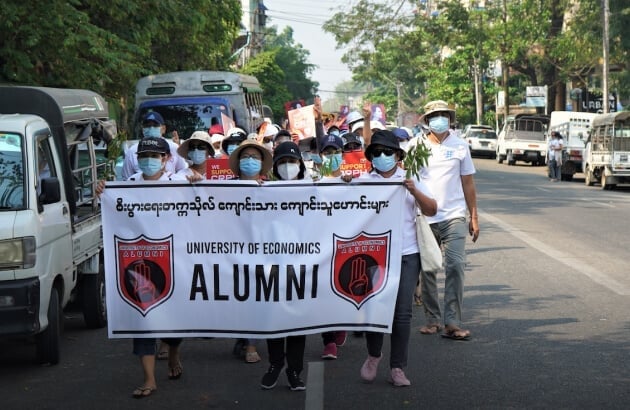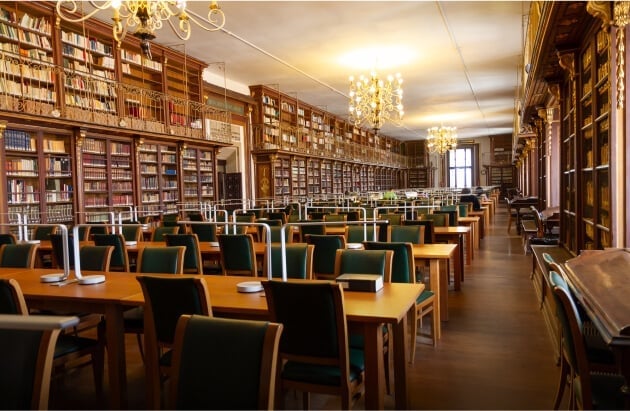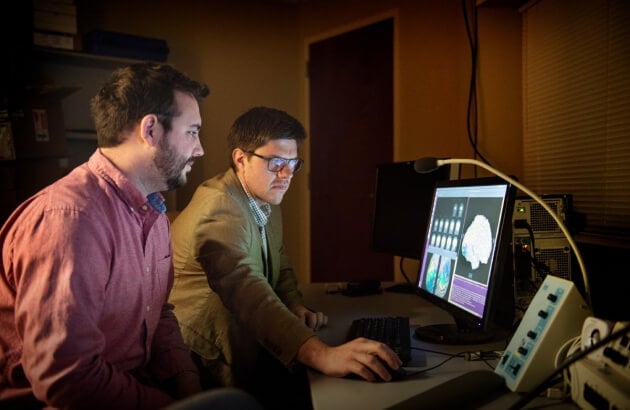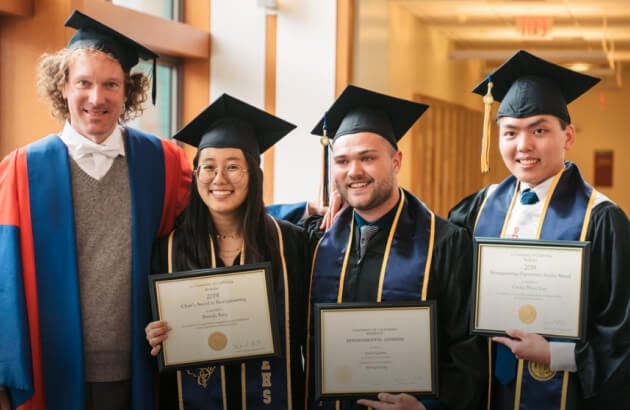Learn with passion to live with purpose.
Neque convallis a cras semper auctor. Libero id faucibus nisl tincidunt egetnvallis a cras semper auctonvallis a cras semper aucto.
94532
Foreign Followers
11223
Classes Complete
25678
Students Enrolled
2678
Certified Teachers
What Make Us Spcecial?
Lorem ipsum dolor sit amet, consectetur adipisc ing elit.
We believe that learning should be accessible, engaging, and transformative. Our mission is to empower you to reach your fullest potential, no matter where you start. Together, let’s unlock new possibilities and inspire lifelong learning.
Tony Nguyen, Co-Founder
Meet Our Team
Plugins your themes with even more features.
A Great Place to Grow















